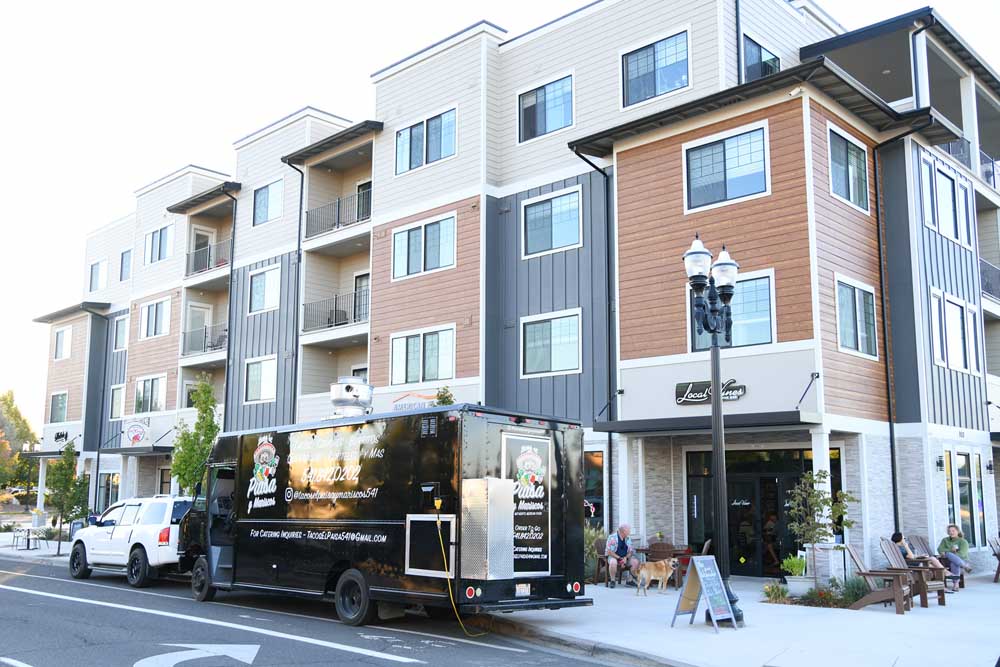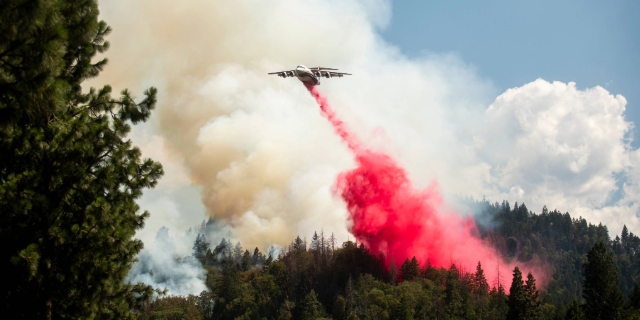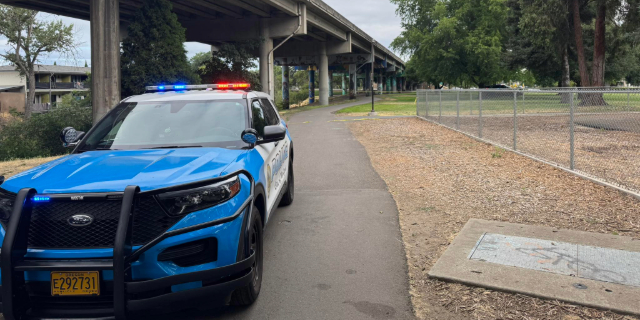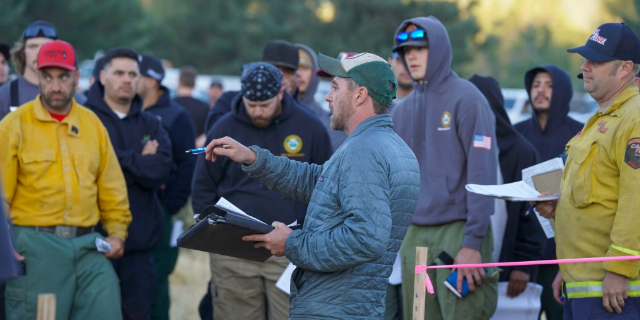Phoenix, Central Point consider food truck rules for different reasons
Published 3:00 pm Friday, October 4, 2024

- Tacos el Paisa food truck parks outside Central Point's Local Vines Wine Bar on North Haskell Street Wednesday evenings.
In a tale of two cities, Central Point and Phoenix are looking at food truck regulations — one because they’d like to encourage more of the setups, the other because of concerns over increasing numbers and other issues.
Trending
Phoenix currently has 16 permitted food trucks. In Central Point, there are five.
“We are looking at expanding where they are allowed,” said Stephanie Powers, planning director for Central Point. The city will also look at rules for shelter where truck patrons can sit and eat and the temporary nature of the arrangements versus more permanent use.
Phoenix officials are reviewing regulations governing food truck operations in the city and how they are administered after an increase in the number of operations in recent months.
Trending
More food trucks in town means more competition for brick-and-mortar restaurants and may, in some cases, yield little tax revenue for the city, Phoenix Councilor Krista Peterson commented in an early September meeting.
“I don’t think it’s a problem, but we don’t want it to become a problem” Phoenix Mayor Terry Baker said at the Sept. 16 council meeting.
Central Point city officials are checking into ways to allow more of the trucks.
“The City Council and the Citizens Advisory Committee and the Planning Commission are excited to expand for more food venues in the city,” Powers said. “They want to make sure the operations are safe and aesthetically align with the small-town feel.”
A location on North Haskell Street where about five food trucks pop up regularly has been wildly popular with residents, Powers said. Some of the vendors may not have permits, however. Food trucks have also shown up in larger numbers for special events such as the Fourth of July observance and the Hispanic Heritage celebration held Sept. 20.
In Central Point, all food trucks get temporary permits for a year of operations as part of the business license process, said Powers. That includes checking on food handling permits and approval from the Oregon Liquor Control Commission if alcohol is being served. In addition, a site plan must be submitted for compliance with signage and seating regulations.
A permanent food truck permit can be secured if it is located at a facility that has a brick-and-mortar service center incorporated into the layout under the rules. Currently there are no such facilities in the town, although one developer is exploring the possibility, Powers said.
At the Sept. 16 Phoenix council meeting, Community Development Director Zac Moody reported on truck numbers and how regulations are enforced. That led councilors to direct consideration of truck regulations by the city’s Planning Commission, which would make recommendations.
Following the Almeda Fire in September 2020, Phoenix city staff looked for opportunities for commerce in the downtown area. City staff applied somewhat less strict standards for mobile food vendors as a way to initiate redevelopment and bring people back to Phoenix.
Relaxed standards included the requirements for location on paved surfaces and on properties with approved building permits. Moody said in a report that the current code standards, when enforced, limit the locations of where food vendors can operate. Unimproved lots pay less tax to the city than those with brick-and-mortar improvements.
A four-truck, temporary operation was approved in late July for the corner of Oak and South Main Street. That temporary permit would not be renewed in August 2025 under more strict interpretation of the regulations, Moody wrote.
The new Black Bird store at 4403 S. Pacific Highway was given approval for four trucks at its site this spring. Phoenix Industrial Studios at 4495 S. Pacific Highway has permits for five trucks. In addition, the ETHOS Academy across from Black Bird has a permit for one truck.
Besides the trucks, the Phoodery recently opened at 208 N. Main St. The venue features five food operations in small structures around a central court with supporting buildings. Several of those vendors also operate food trucks.
Councilors said that it appears several of the sites do not utilize their maximum allotment for food trucks. Phoenix Industrial Studios usually only has trucks on site when there are events taking place. No one had seen four food truck at Black Bird at the same time.
With the new additions, a total of 14 trucks are allowed in the south end of town. The other two locations, one at Pickers Paradise and the other at D & S Harley, are located in the area north of town that was recently added to the city’s urban growth boundary for eventual annexation.
The two northern trucks were previously authorized by Jackson County. They can remain as grandfathered operations until the use ceases, then could not be renewed, Moody said. Pickers Paradise appears to have a food truck only on weekends, councilors testified.









